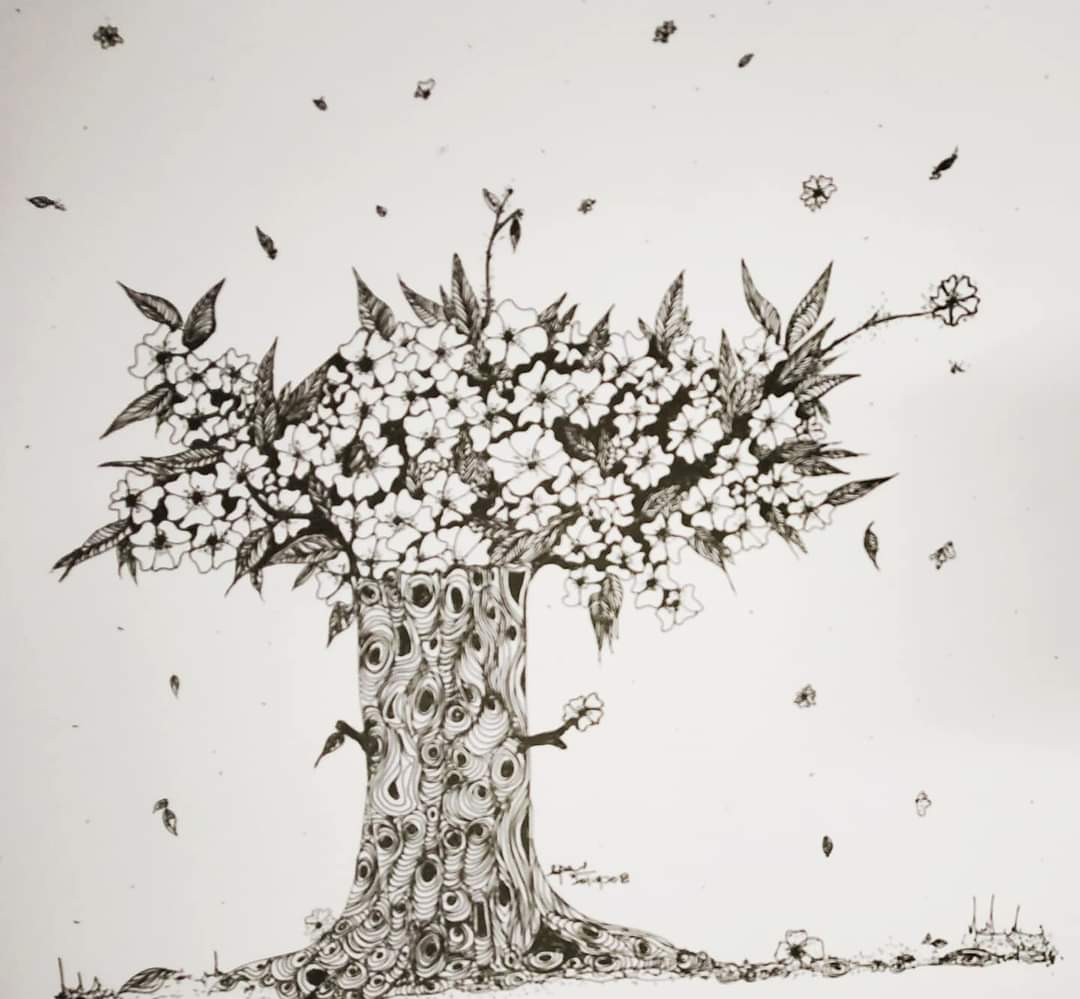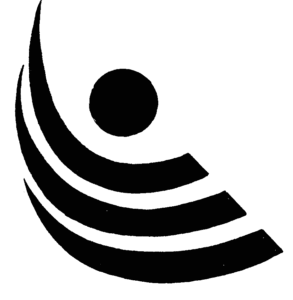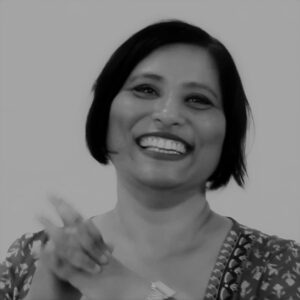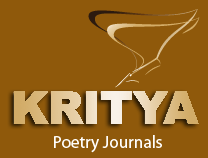
My Voice

Most of the Austrian literature is written in German and very often, to a non-German-speaking reader that encounters this body of literature in English translation, Austrian  writers are not distinguished from their German colleagues. Moreover, by associating and confining the German language to Germany or/and taking every writer writing in German for someone coming from Germany makes the matter even more confusing. Resultantly, the literature from Austria is unduly and wrongfully amalgamated in German literature. Yet one should not forget the difference between German and Austrian cultural, social or religious environments because all these factors contribute a lot to the literature of a nation-state. Having mentioned these factors, one must not forget that literature is an ideological capital and we have to remember here the concept of Austrian identity, though it might be fluid, it has some distinct features. The legacy of Austrian empire that once included the almost the area of today’s central and East Europe and parts of Italy still lingers in the collective consciousness of the land. Vienna, the capital of the Imperial (Austria) and royal (Hungary) monarchy, was a melting pot for a number of ethnic, cultural and linguistic groups. Even after its formation as a separate nation-state in the 20th century, Austria feels itself ambivalent to define the inclusions and exclusions of many writers and artists in its fold. For example, Franz Kafka was from Prague, which was then a part of Austria. Joseph Roth, who hailed from Galicia, lived for several years in Vienna and served in the Austrian army during the First World War. He based his career in Berlin and died in Paris, and he is regarded as an Austrian writer. Elias Canetti was also described as a native Austrian, although he originally came from today’s Bulgaria and spent most of his life in England and Switzerland. Interestingly, his novel Auto-Da-Fé, was written in Vienna and he is owned as an Austrian writer. So was the case of poet Paul Celan who is considered as the most important poet of post-war Europe, was born in a German speaking Jew family in Bukowina, in today’s Romania and died in Paris. Poet Rose Ausländer, whom I have taken in my selection, hailed from the same place and she died in Dusseldorf, Germany. All these writers are gladly considered as Austrian writers because the cultural legacy of Habsburg monarchy still plays an important part in Austrian cultural and literary scene.
writers are not distinguished from their German colleagues. Moreover, by associating and confining the German language to Germany or/and taking every writer writing in German for someone coming from Germany makes the matter even more confusing. Resultantly, the literature from Austria is unduly and wrongfully amalgamated in German literature. Yet one should not forget the difference between German and Austrian cultural, social or religious environments because all these factors contribute a lot to the literature of a nation-state. Having mentioned these factors, one must not forget that literature is an ideological capital and we have to remember here the concept of Austrian identity, though it might be fluid, it has some distinct features. The legacy of Austrian empire that once included the almost the area of today’s central and East Europe and parts of Italy still lingers in the collective consciousness of the land. Vienna, the capital of the Imperial (Austria) and royal (Hungary) monarchy, was a melting pot for a number of ethnic, cultural and linguistic groups. Even after its formation as a separate nation-state in the 20th century, Austria feels itself ambivalent to define the inclusions and exclusions of many writers and artists in its fold. For example, Franz Kafka was from Prague, which was then a part of Austria. Joseph Roth, who hailed from Galicia, lived for several years in Vienna and served in the Austrian army during the First World War. He based his career in Berlin and died in Paris, and he is regarded as an Austrian writer. Elias Canetti was also described as a native Austrian, although he originally came from today’s Bulgaria and spent most of his life in England and Switzerland. Interestingly, his novel Auto-Da-Fé, was written in Vienna and he is owned as an Austrian writer. So was the case of poet Paul Celan who is considered as the most important poet of post-war Europe, was born in a German speaking Jew family in Bukowina, in today’s Romania and died in Paris. Poet Rose Ausländer, whom I have taken in my selection, hailed from the same place and she died in Dusseldorf, Germany. All these writers are gladly considered as Austrian writers because the cultural legacy of Habsburg monarchy still plays an important part in Austrian cultural and literary scene.
Austria is home to two living Nobel laureates: Elfriede Jelinek and Peter Handke. Apart from these two big names, voices like Thomas Bernhard, Peter Thurini and Josef Winkler, to mention just a few who drew their material from the gap between the much-publicized idyll depiction of Austria, a kind of apolitical state aesthetics, and the actually effective mental patterns that remained intact and undamaged from the course of recent history. That means: authoritarian Catholicism, fixed hierarchies in the social structure of farming and bourgeois biotopes, the suppression of guilt, a compensated experience of powerlessness due to inner-familial violence and often poverty as well. But the new writers of 21st century emphasize more on their European identity rather than their Austrian origin. The existential necessity of writing nowadays refers to economic conditions and no longer to emancipation and the nightmare of one’s native origins. The anxieties, hopes, and even mundane experiences of everyday life, are not essentially different in Austria than in Germany, France or Italy. The idea of pan-European unity makes plenty of things interchangeable.
I was excited when Rati ji wished me to edit a special section of March issue of Kritya Poetry with Austrian poetry, but soon I was in a fix as how to represent the poetry of a country only through six poets. A task almost impossible for me to fulfil. So, my criterion was to narrow my selection. Here, I am focusing on contemporary poetry from Austria and as I am editing this section in the month of March, I have chosen four contemporary female voices from Austria, whose writings are considered of Avant Garde, but at the same time, they may appeal, one hopes, to the taste of Indian readership. For editors’ choice, I have chosen Rose Ausländer whose poetry speaks of the darkest period of European history: She depicts the misery of Jews under Nazi rule and tells of one of the greatest human tragedies, yet she retains her tenderness in her poetry, unlike many of her counterparts who turned bitter in their writings while describing the human cruelties that Europe experienced during Nazi era. The second poet that I have selected is Ingeborg Bachmann. She is one of the prominent poets of Austria, a part of the legendary literary circle known as Gruppe 47, whose members, among others, were Paul Celan, Heinrich Böll, and Günter Grass.
This is not an exhaustive, not even a representative selection of Austrian poetry but a personal selection. I hope Kritya readers will enjoy this corner that showcases contemporary female voices from Austria.
Sarita Jenamani
Vienna, February 2023
Biographical Note
Sarita Jenamani is an Austria-based poet of Indian origin, a literary translator, anthologist, human rights activist and feminist. She is the editor of a bilingual magazine for migrant literature: Words & Worlds, and general secretary of PEN International’s Austrian chapter. She has so far been published in three collections of poetry. Jenamani is the co-editor of the anthology Silence Between the Notes: a collection of partition poetry from South Asia. She has also edited the first-ever anthology of poetry on violence against women in South Asia: Still We Sing. Jenamani has translated several Austrian poets including, Rainer Maria Rilke, Georg Trakl, Rose Ausländer etc. into Hindi and Odia. She has received many literary fellowships in Germany and Austria including those of the prestigious organizations of ‘Heinrich Böll Foundation’ and ‘Künstlerdorf Schöppingen’.

